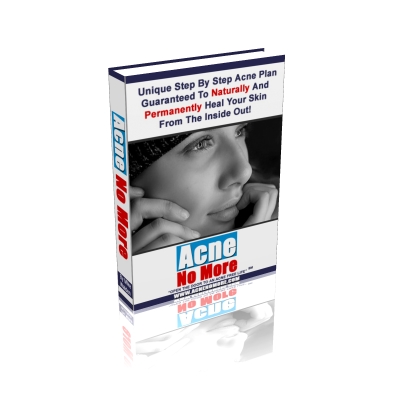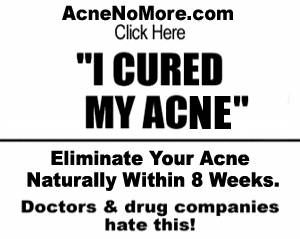Reasons Behind the Growing Epidemic of Adult Acne
The prevalence of acne among adults is on the rise, leaving many individuals searching for answers. What could be causing this frustrating problem?
One significant factor is the complex and fluctuating hormonal changes that accompany adult physiology and lifestyle. Moreover, subtle early pre-menopausal shifts in estrogen and testosterone levels may contribute to the development of acne.
The Impact of Stress and Pressure on Women
Women, in particular, are experiencing unprecedented levels of stress in today's society. They face concrete demands and conflicting messages that demand personal and professional perfection. Unfortunately, this excessive stress often leads to physical and emotional exhaustion, which takes a toll on their skin as well.
Visit: Eating Right to Achieve Beautiful Skin
Identifying Potential Causes in Women
Apart from the general cause of abnormal follicle lining cell response to androgens, there are several additional factors that can trigger adult acne in women. These may include hormone medications, menstruation, pregnancy, and personal care habits, among others.
Recommended Regimen for Managing Adult Acne
To combat adult acne, a comprehensive regimen is often advised. Below are some key recommendations that can help alleviate the condition:
1. Use Non-Comedogenic Products
Opt for non-comedogenic soaps, cosmetics, and other skincare items. Many cleansers and makeup products leave residues that clog pores and worsen acne. Look for products specifically labeled as non-comedogenic to ensure they do not exacerbate the condition. Additionally, some experts recommend using a cost-effective "natural" topical antibiotic. You can create a solution by mixing 1 teaspoon of essence of lemon oil (readily available at supermarkets) with 4 ounces (120 cc) of liquid soap. This can be used for cleansing the skin, as lemon oil possesses antibacterial properties.
2. Incorporate Topical Antibiotics
Topical antibiotics, such as tetracycline types, erythromycin, and clindamycin, are commonly prescribed for adult acne. These antibiotics are typically applied twice daily and often come in a convenient roll-on bottle.
3. Consider Topical Vitamin-A Acid
Topical Vitamin-A acid, such as Retin-A, helps reduce the formation of new comedones by promoting peeling of the skin's superficial layer. This treatment can be highly effective but should be used with caution. Overuse may lead to skin sensitivity and sun sensitivity, so it's crucial to apply sunscreen while using this product. It usually takes 4-6 weeks of consistent use to observe noticeable benefits.
4. Maintain Proper Facial Cleansing
Adults with acne should maintain a regular facial cleansing routine. Although they may already have clean skin due to their attention to this area, consistent cleansing is essential for managing acne effectively.
5. Explore UV Light Therapy
UV light therapy can be an option for treating adult acne, but it should only be pursued under the supervision of a dermatologist. Proper care and monitoring are crucial to ensure the therapy's effectiveness and safety.
6. Oral Antibiotics for Moderate to Severe Cases
For moderate to severe cases of adult acne, oral antibiotics like tetracyclines or erythromycin are often prescribed. More expensive antibiotics do not necessarily provide better results than plain tetracycline. Tetracyclines are highly effective, but caution should be exercised as they can cause discoloration of new bone formation. Consequently, they are contraindicated for individuals who have not completed their permanent teeth development, as well as pregnant and nursing women.
7. Isotretinoin (Accutane) for Severe Cases
In the most severe cases of adult acne, isotretinoin (commonly known as Accutane) may be indicated. This treatment significantly reduces sebum production, comedone formation, and inflammation. However, it comes with risks, including the potential for severe birth defects if taken during pregnancy and the need for regular laboratory monitoring. Isotretinoin is typically prescribed for a minimum of 20 weeks, and all other acne therapies are discontinued while on this medication.
Seeking Authentic Solutions for Clear Skin
Contrary to popular beliefs, simply adjusting your washing routine, diet, or thoughts won't provide the ultimate solution to adult acne. Over-the-counter, television, and internet "miracle cures" are often too good to be true. To achieve lasting results and clear skin, it is crucial to pursue genuine therapeutic measures.
Discover a unique holistic approach to curing acne in our new e-book. Learn how to effectively and permanently eradicate acne without relying on drugs, over-the-counter products, or experiencing unpleasant side effects. Visit [AcneNoMore.com] to get your copy today and embark on your journey towards clear and healthy skin! Click Here -->[AcneNoMore.com]


















0 Comments